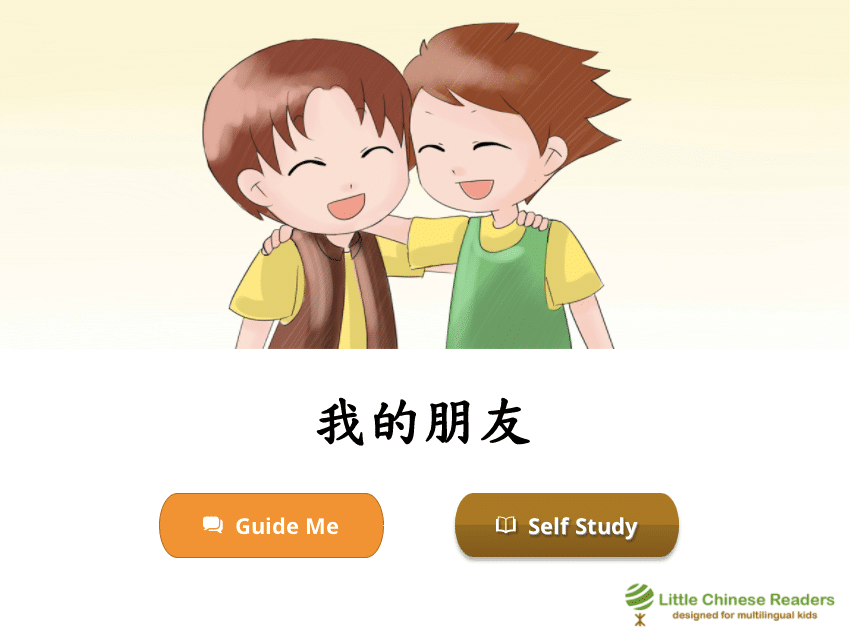Many bilingual parents notice that their children, who are perfectly comfortable speaking in one of the parents’ native languages at home, suddenly starts to resist speaking it when they enter formal schooling where the primary language used is English. This is completely normal because children naturally want to make friends at school and doing so require that they speak English. If, however, they realize that their parents also understand English, their brains will naturally take the “easy way” out and switch to English as often as possible. It’s simply our brain’s way of saving energy.
 To keep up with our children’s Mandarin skills, the best way to combat this tendency is to build another community for the kids, one where they have the “positive peer pressure” to use Mandarin. We find that our children are often more inclined to speak Mandarin (and learn other languages) when they meet other multilingual children.
To keep up with our children’s Mandarin skills, the best way to combat this tendency is to build another community for the kids, one where they have the “positive peer pressure” to use Mandarin. We find that our children are often more inclined to speak Mandarin (and learn other languages) when they meet other multilingual children.
The difficulty of setting up playgroups varies from country to country, depending on how much parents work and how much childcare time the kids have and how diverse your community is. However, playgroups are generally popular among churches or other community-based groups. The following provides a easy 5-step process to set up and run a successful bilingual playgroup.
- Find a Pool of Potential Families. If you are in an area populated with Mandarin-speaking families, check out local community boards and/or facebook groups to find like-minded parents near you (or start a facebook group for your community — people within a 30 minute driving distance from you). If you are in more remote locations, reach out to churches (especially Mandarin-speaking churches) and/or local libraries to see if you can put up a flyer or send out a notice via their newsletters.
- Find a Meeting Place. Meeting at different members’ homes allow the groups to be more flexible in time but may burden the members over time. We suggest checking out local libraries and churches. If there are community centers with toys and books, those can be ideal too.
- Quality Over Quantity. Don’t expect a big turnout at the beginning. A big number of families makes it that much harder to coordinate. A small yet committed group allows you to build up the group structure and developing lasting friendships, for both the parents and the kids.
- Rotate Host Duties. Playgroups belong to everyone and the responsibilities should be rotated as not to burn out one individual parent. Duties may include booking the location, sending out emails, preparing playgroup activities, setting up coffee/snacks, and cleaning up.

- Use a Structured Curriculum. Playgroups are great but as kids get older, everyone gets busier. Playgroups without purpose will soon give way to other priorities unless the groups follow a structured (yet flexible) curriculum. Little Chinese Readers provides a simple curriculum that playgroups can follow along. One to two lessons may be taught at each playgroup session. Hosts may utilize the activity and writing resources available and read the companion stories. (We will also be releasing “Parent/Teacher Guides” for each lesson to provide more group-based activities.) Members can then review the lessons at home until the next session, thus sustaining the learning even outside of playgroups.
If you have other great ideas about playgroups or if there’s anything that Little Chinese Readers can do to help your playgroup, please write to us!

